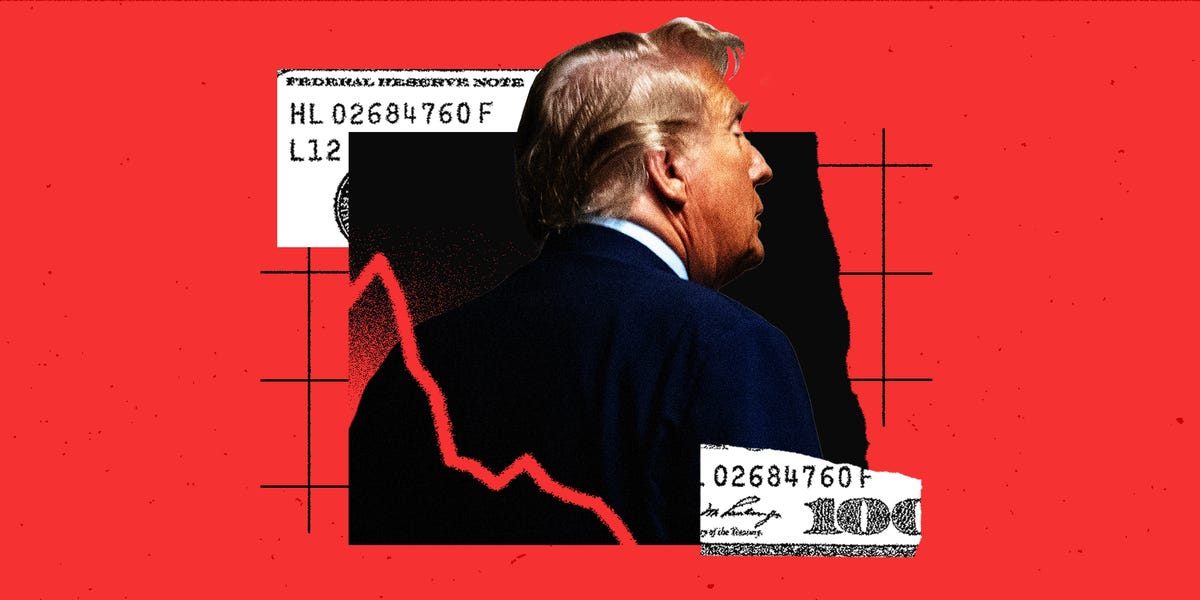Wall Street's Lone Bear Sounds Alarm: Stagflation Threat Could Trigger Market Meltdown

In a stark economic forecast, Barry Bannister, the lead stock strategist at Stifel, suggests that returning to the Federal Reserve's coveted 2% inflation target may require more than just monetary policy adjustments—it might demand a full-blown economic recession.
Bannister's analysis paints a challenging picture for policymakers and investors alike, indicating that the path to price stability could be more complex and painful than initially anticipated. The traditional tools of interest rate manipulation and monetary tightening may not be sufficient to bring inflation down to pre-pandemic levels without triggering a significant economic downturn.
This prediction underscores the delicate balancing act facing the Federal Reserve: how to cool down an overheated economy without pushing it into a recessionary spiral. Investors and economic observers are now closely watching whether the central bank can engineer a "soft landing" or if a more dramatic economic reset is inevitable.
As businesses and consumers continue to navigate an uncertain economic landscape, Bannister's insights offer a sobering reminder of the potential challenges ahead in the quest for economic stabilization.
